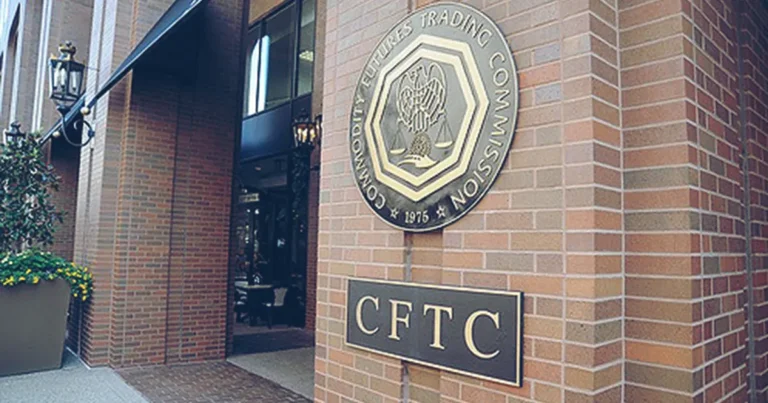22-4-2025 – The Commodity Futures Trading Commission (CFTC) is contemplating a revolutionary shift towards round-the-clock derivatives trading, following the precedent set by cryptocurrency markets. The regulatory body has launched a public consultation, marking a potential transformation in traditional market operations.
The initiative, whilst not explicitly focused on digital assets, acknowledges the mounting pressure from technological advancements and market demands for continuous trading capabilities. Acting Chairwoman Caroline Pham, a Trump appointee serving whilst chairman-nominee Brian Quintenz awaits Senate confirmation, emphasised the CFTC’s commitment to embracing market structure innovations whilst maintaining robust safeguards.
This proposed expansion into 24/7 trading presents unprecedented challenges for American financial markets, particularly regarding operational frameworks and market integrity. The transition would necessitate sophisticated governance structures, enhanced staffing models, and advanced technological infrastructure – complexities already familiar to cryptocurrency trading platforms.
Bitcoin, recognised as a commodity by US regulators and courts, currently operates under CFTC jurisdiction. However, the agency’s oversight remains limited, as it requires legislative amendments to directly supervise spot-market trading of cryptocurrencies not classified as securities – the latter falling under Securities and Exchange Commission purview.
The consultation seeks to address crucial operational considerations, including continuous system maintenance, real-time technological updates, and constant market surveillance. These operational demands mirror challenges long addressed by digital asset markets, where non-stop trading has become the established norm.
The CFTC’s exploration of perpetual trading reflects a broader regulatory adaptation to evolving market dynamics, potentially bridging the gap between traditional finance and the ceaseless nature of digital asset markets. This initiative suggests a significant shift in how conventional financial markets might operate in the future, albeit with careful consideration of regulatory safeguards and operational resilience.


